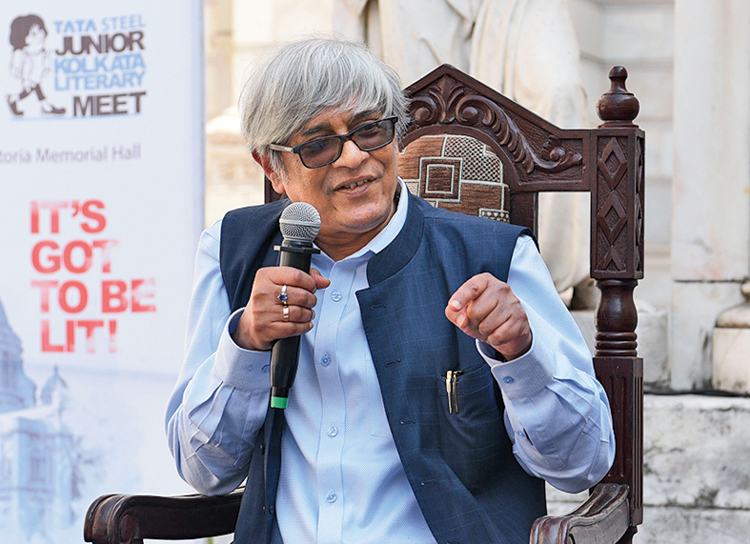The central government is looking to repeal the Plantation Labour Act, 1951, as part of its efforts to streamline 54 central laws into four labour codes.
The Act covering plantation sectors such as tea, rubber and coffee makes it mandatory for planters to provide non-cash benefits such as drinking water, housing, medical, education and sanitation facilities besides wages.
Bibek Debroy, chairman of the Prime Minister’s economic advisory council, on Friday said several industry issues relating to land and labour could be resolved at the state level.
“Labour is in the concurrent list and depending on how you count, there were around 54 different union statutes on labour. These have now been codified into four. I am not suggesting that four is ideal and we can streamline it further,” said Debroy at the Tata Steel Calcutta Literary Meet.
Rudra Chatterjee, director of Luxmi Group, which also owns the marquee Makaibari tea estate in Darjeeling, was in conversation with Debroy.
The industry has been demanding that the obligation of the employers to provide welfare amenities to workers other than wages be either taken over by the government or a reasonable value be assigned to the non-cash benefits and be treated as part of the wages, Indian Tea Association (ITA) secretary-general Arijit Raha told PTI. The ITA is the apex body of tea planters of the country.
The Occupational Safety, Health and Working Conditions Code, 2019, introduced in the Lok Sabha last July aims to subsume 13 central legislations relating to health and working conditions of employees. It is currently with the parliamentary standing committee on labour and employment.
Tea Board deputy chairman Arun Kr Ray said, “The existing law is under amendment and not yet finalised. We are not in a position to comment on this.”










